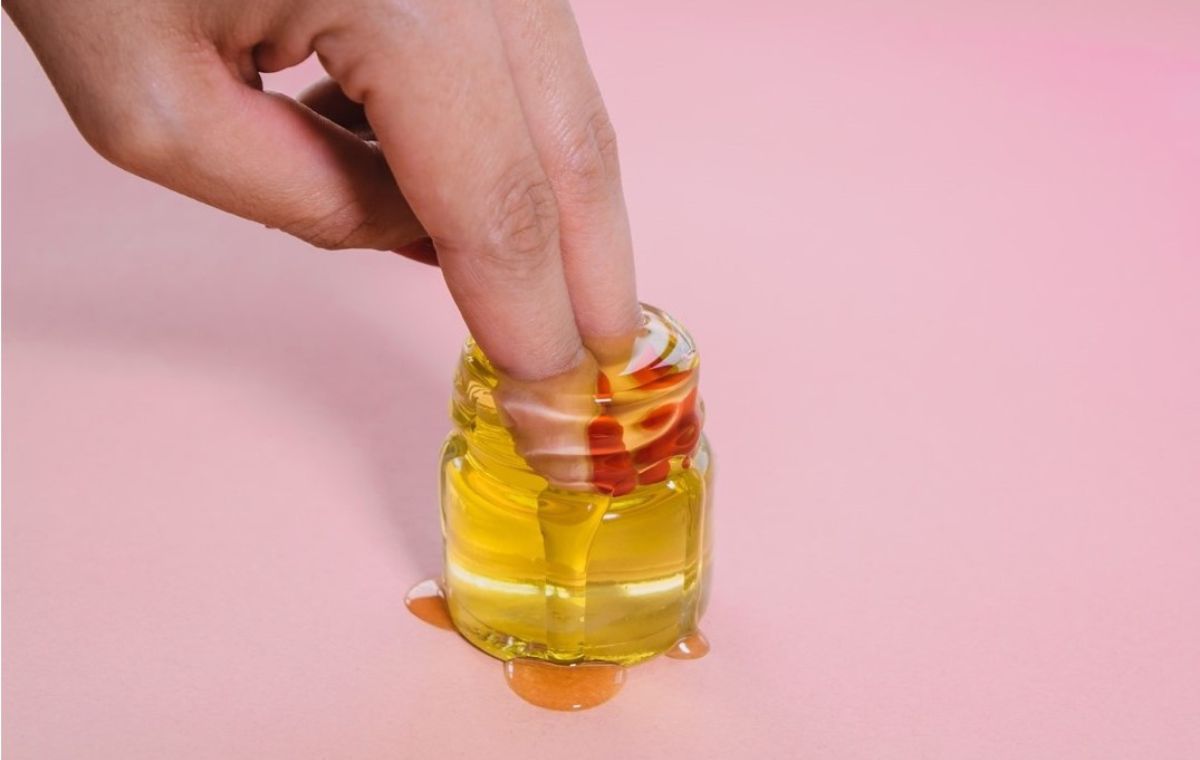Challenges to consider when building a sextech startup
Everyone wants to talk about sex, so it’s no surprise that it’s been at the forefront of the technology agenda recently. Innovation around pleasure has been slow, but we’re finally starting to see a radical advancement in the relationship between sex and tech, from smart vibrators to Virtual Reality — there’s a lot going on.
In an industry predicted to be worth $50 billion by 2020, you’d think we’d see countless entrepreneurs starting sextech businesses, you’d assume venture capitalists would be throwing money at viable investments and talent would be lining up to build a career in the space.
Unfortunately, that’s not the case.There is still a lot of stigma surrounding sex, something we experienced first-hand when launching MysteryVibe. Being an entrepreneur is the hardest job you’ll ever have. You need to be completely invested in your product, you need to have a viable business plan, money, a good team, market fit… the list is endless.
When it comes to starting a sextech business, you have all of these obstacles to overcome plus so many more because, despite impressive growth, the industry is still severely overlooked.
We’re pleasure seeking creatures. We like things that make us feel good, and nothing makes us feel better than an orgasm. Climax is the most natural pleasure experience on the planet, which is why we think everyone should embrace it.
MysteryVibe evolved out of a want for innovation in the way society views sex. We wanted to create a product that helped people explore their bodies, and enable exhilarating pleasure through true personalisation.
Our flagship product, Crescendo, is the world’s first body-adapting vibrator designed to respond to your own desires and sensations. Better still, using the MysteryVibe app you can create your own vibrations and control the intensity of each motor separately (talk about sextech!).
So, what makes starting a sextech business so difficult, and how did we overcome these hurdles? Here’s some insight;
#1. Getting people involved:
Apparently people aren’t so keen to work with smart sex toys… I know, we were baffled too. Starting up, we realised that a limited number of people were willing to openly work in sextech which was a huge challenge for us because collaboration was really important.
So we approached it from a different angle and engaged top talent through firms they already worked for — SeymourPowell, Fueled and Condiment Junkie to name just a few. This way, experts could collectively help us build MysteryVibe on a project basis. Within a year we built partnerships with the best people in design, manufacturing, tech, and brand. Together, we worked hard to make the business something we were all proud of.
Our advice to young sextech startups:
Find people who are incredibly passionate about the sector. Skills can be learned, but a hunger to break taboos and push sex positivity is harder to teach.
#2. Getting your message out there:
We’re on the edge of a technological and cultural shift that will redefine sex and intimacy. MysteryVibe was never going to be just another sex toy brand. We wanted to address sex on a mainstream platform and empower conversations, individuals and relationships through pleasure.
Getting your message out in a clear authoritative way can be difficult when you work in an industry that has deeply rooted taboos attached to it. That’s why we always ensure our content is informative, fun and thought provoking across all channels — and avoids your typical ‘how to give your boyfriend a blowjob’ clickbait title.
Initially, we spent a long time doing in-depth research into the underlying trends that are fueling change across the world — societal, economic, cultural and technological. We learned about the deep shifts in attitudes and access to pleasure, enabling us to predict and shape our vision of the near and distant future.
Such a large piece of work means your content strategy takes longer to implement, but is worth it in the long run.
Our advice for young sextech startups:
Think about your audience, your market and what you want to achieve before drafting any content. Shape your messaging to reflect these things, and ask yourself;
“Is this interesting?”
“Does this add value?”
“Will this inspire conversation?”
#3. Access to finance:
One of the biggest struggles we faced building MysteryVibe was getting access to finance that would support our growth. Startups in other industries can pitch venture capital, something that was completely unattainable for a sextech brand like ours.
We spent a lot of time approaching VC firms who were intrigued by our product, but ultimately turned us down for being too risqué.
Our only options were to self-fund, crowdfund or find angel investment. It was critical that anyone investing in our band needed to share our vision, and luckily we found a group of amazing angel investors who helped us raise funds to continue on our mission.
Our advice to young sextech startups:
Always plan for fundraising to take more time than you expect. Find the ‘multipliers’ — those key people who will introduce you to 5 more people. They could be industry influencers, well-known angels, or simply people who are incredibly passionate about your vision.
So I think it’s safe to say that starting a sextech business is not for the fainthearted. But when you’re changing perceptions, developing incredible tech and giving people the gift of climax on a daily basis, it’s kind of worth it..





















